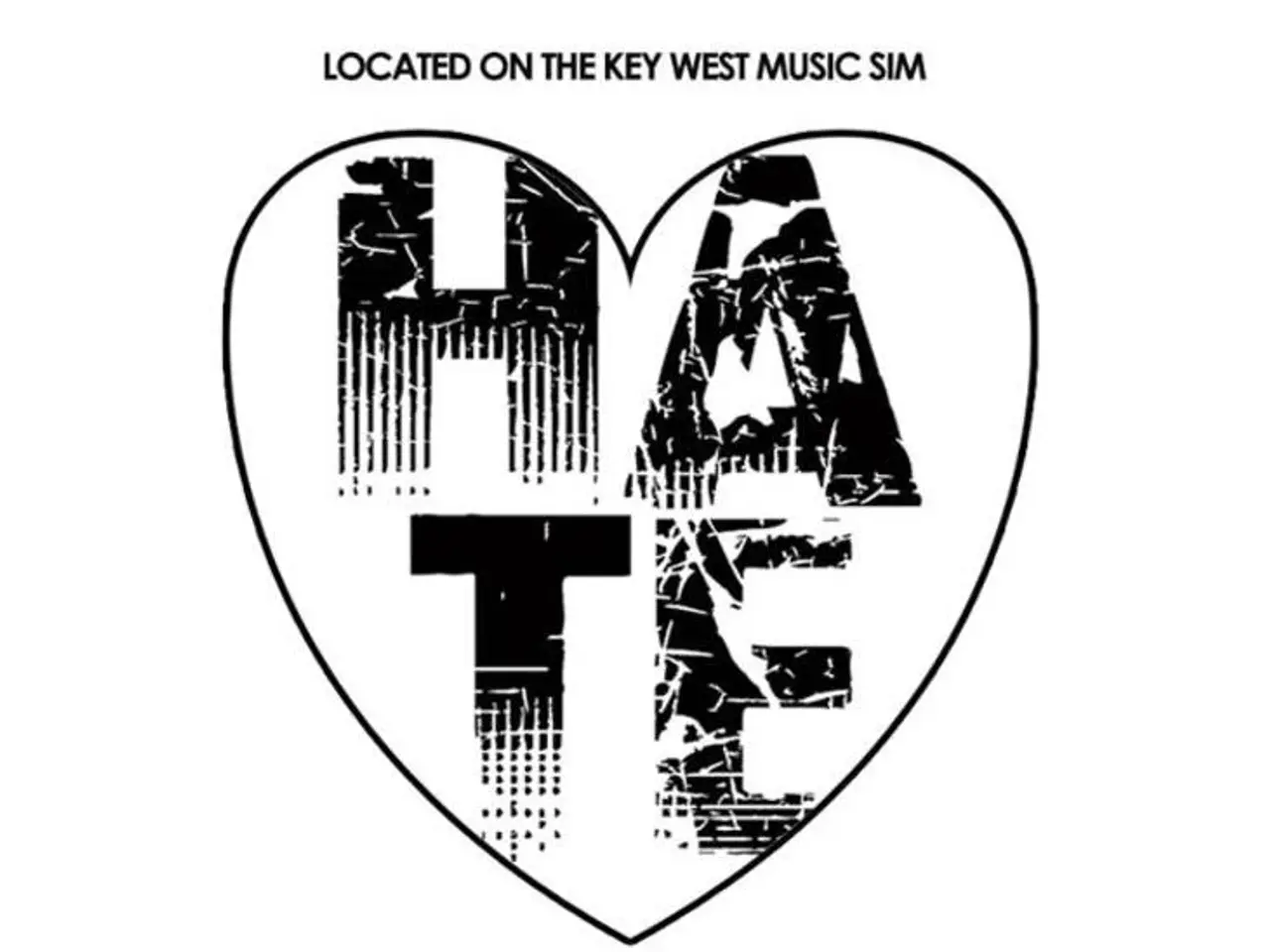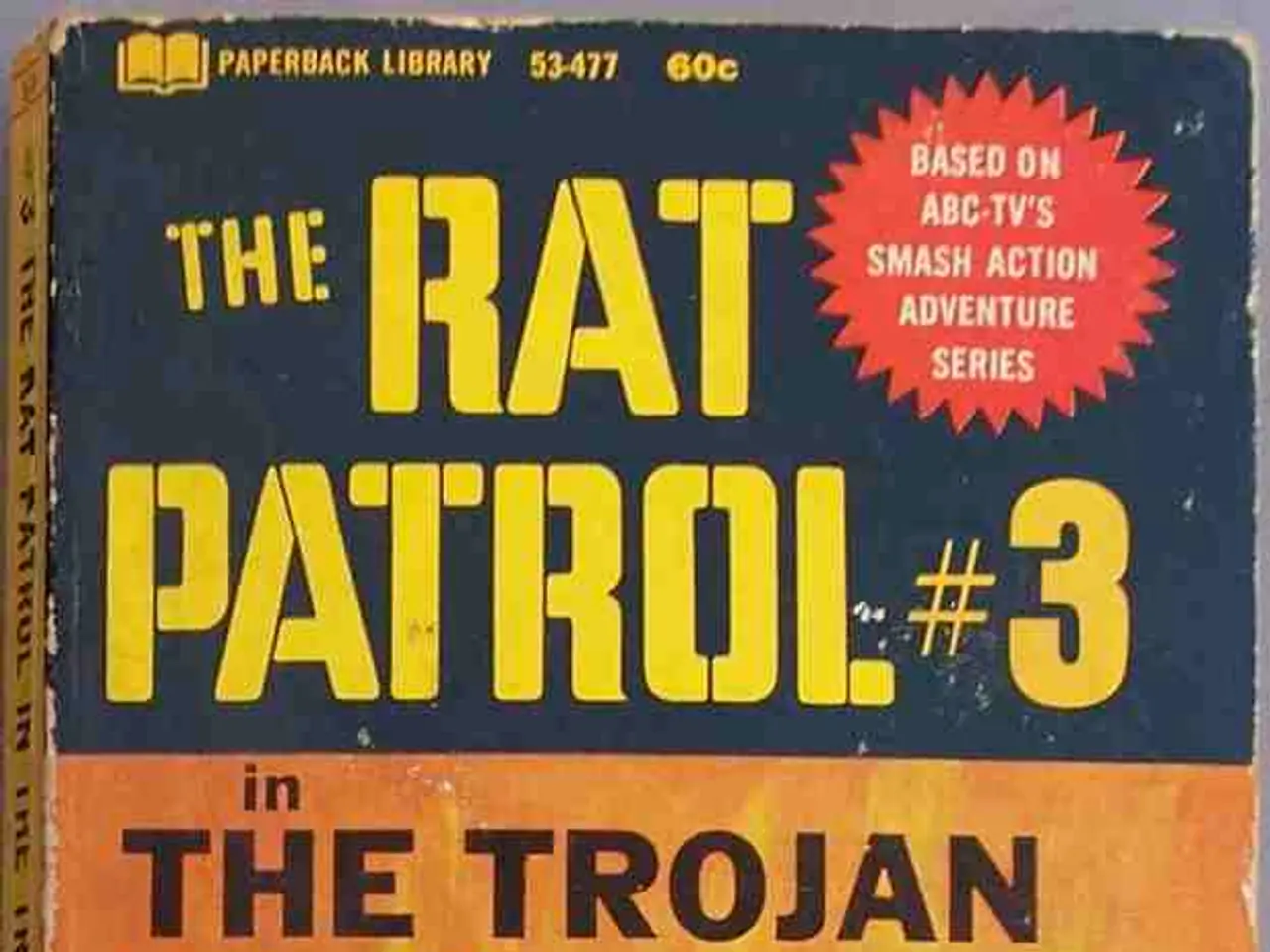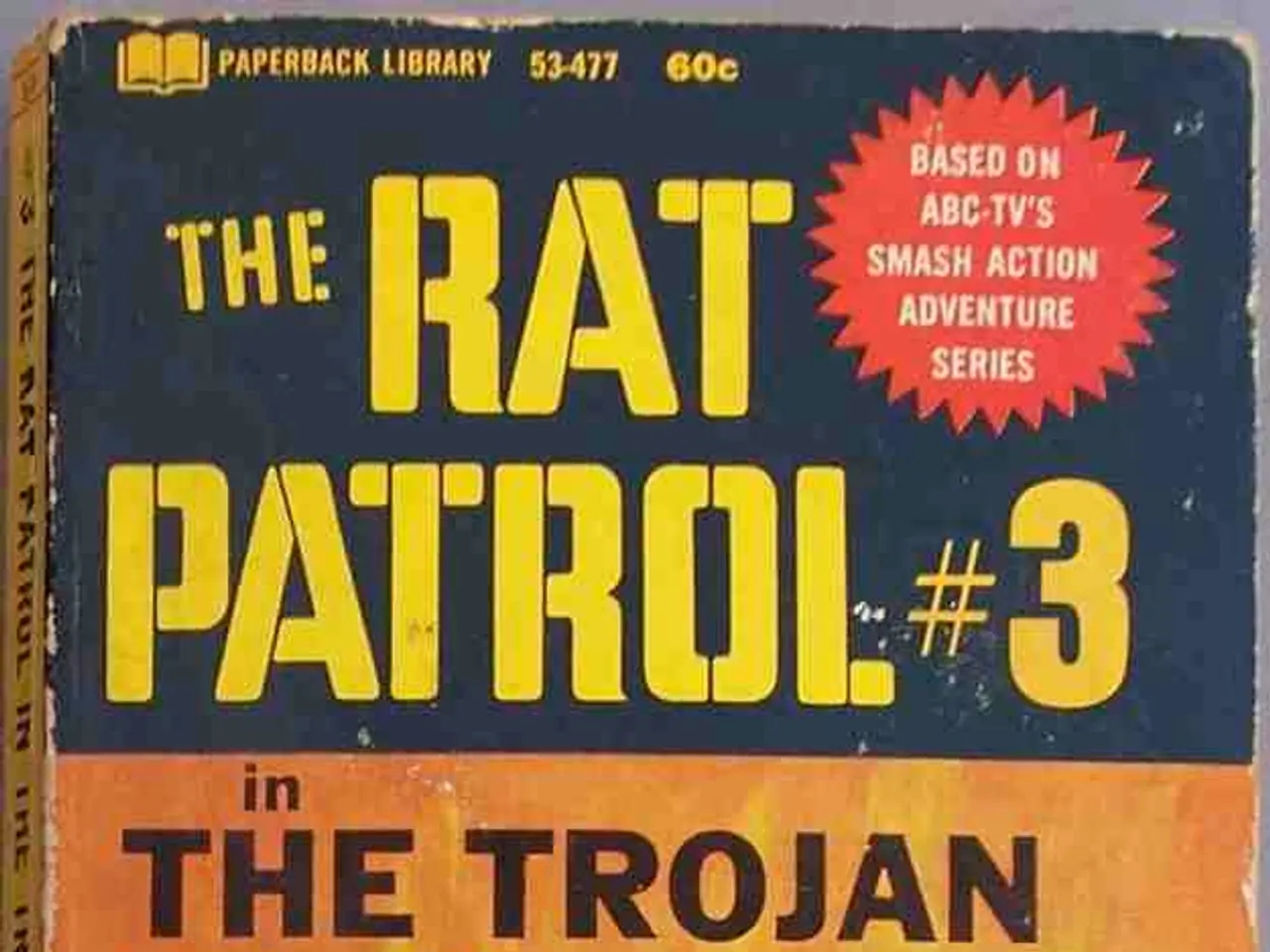Youth in Alzey-Worms Accused of Online Nazi Propaganda
Investigation into Hate Speech Incident: Suspect Identified as a Juvenile - Investigation launched over alleged hate letters sent by minor
In the Alzey-Worms district, authorities have taken a Juvenile into custody for publishing Nazi symbols on the internet. According to the Koblenz General Prosecutor's Office, a warrant was executed by the Koblenz Local Court, kickstarting nationwide raids on hate speech and online incitement. As the case in Alzey-Worms is the only one in Rhineland-Palatinate reported by the Ministry of the Interior, it's a significant concern.
NS Symbols
The General Prosecutor's Office remained tight-lipped about the individual or the specific charges due to the minor's age. However, they did disclose, "The suspect is accused of disseminating symbols of former Nazi organizations on the web." Content or calls to violence that provoke hate and severely intimidate victims are especially detrimental when they proliferate unchecked on the internet. Although violent calls weren't detailed in the search warrant, the General Prosecutor's Office emphasized these calls pose a threat.
65 search warrants were executed nationwide, and numerous suspects were questioned. The Federal Criminal Police Office highlighted these actions targeted all federal states during the 12th campaign day against hate speech. The far-right spectrum allegedly perpetuated two-thirds of all hate posts.
It's crucial to note that racist content has been escalating bearing witness to a more extensive online hate speech trend. Per the Federal Criminal Police Office, cases have exploded, surging from 2,411 in 2021 to a staggering 10,732 in 2024. The increase is partly connected to the illumination of the dark web.
- Search
- Hate post
- Alzey-WORMS
- Rhineland-Palatinate
- Koblenz
- Crime
- Mainz
- Local Court
- Ministry of the Interior
- General Prosecutor's Office
Insight:
Rhineland-Palatinate, similar to Germany, has experienced a surge in online hate speech over recent years. This broadening trend is part of a larger European and global movement where digital platforms empowered by rapid internet connection have become conduits for hate speech transmission. Major contributing factors include:
- Rising political polarization, largely stemming from issues like immigration, integration, and pandemic management.
- The expansion of far-right organizations and parties using social media networks to spread their discriminatory beliefs.
- Social disquiet caused by economic uncertainties and geopolitical events leading to animosity.
- The spreading of misinformation and conspiracy theories online that initiate and reinforce hate sentiments.
Authorities and civil societies have stepped up their monitoring and regulation of online hate speech, implementing laws like the Network Enforcement Act (NetzDG) obliging platforms to swiftly remove illegal content. They have also launched efforts to educate the public about recognizing and countering hate speech. Working together, government bodies, social media platforms, and non-profit organizations aim to tighten responses to online hate speech.
For Rhineland-Palatinate-specific data and up-to-date trends, official government reports or regional civil society publications are the most accurate sources of information.
- The incident of a juvenile publishing Nazi symbols online in the Alzey-Worms district highlights the need for a comprehensive community policy addressing online hate speech, especially given the escalating trend across Europe and the world.
- As the case in Alzey-Worms is the only reported one in Rhineland-Palatinate, it underscores the importance of rigorous employment policies within the General-News and Crime-and-Justice sectors to combat the proliferation of hate-provoking content and online incitement, particularly in the digital age.






